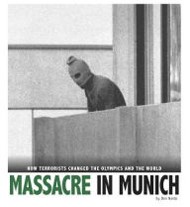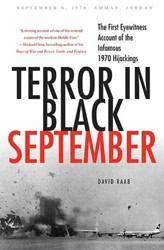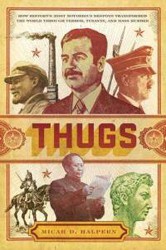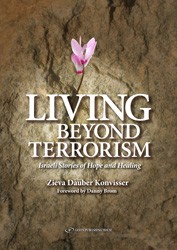Since 9/11 the fear of a nuclear-armed terrorist group striking America has leapt from the pages of overwrought Hollywood screenplays into scholarly works dealing with a credible threat. The lack of ideas for how to counter such an elusive attack, or to organize it into the pantheon of nuclear policy, has been answered by four professors from Hobart and William Smith Colleges. Nuclear Weapons provides a survey course on the history of nuclear weapon development, political theory and its usage in World War II all the way through what the authors call the Second Nuclear Age — the post-Cold War period of a sole superpower, nuclear proliferation, and the growing Islamic terrorist threat. They provide a series of essays which can be read separately or together that spell out the evolution of how states deal with these two issues: nuclear weapons cannot be uninvented, and there is a powerful taboo against ever using them again.
Clearly written though somewhat plodding, the book is designed for an undergraduate survey course or for the curious armchair political theorist. The title somewhat overstates the contents of the book — most of it deals with the history of nuclear weapons in light of current events, and only one chapter actually delves into the specific issues of nuclear terrorism. Still, this is an accessible and unfortunately compelling read for this age of rogue states like Iran, Al Qaeda, and the ongoing tensions with India and Pakistan. Epilogue, glossary, index.





